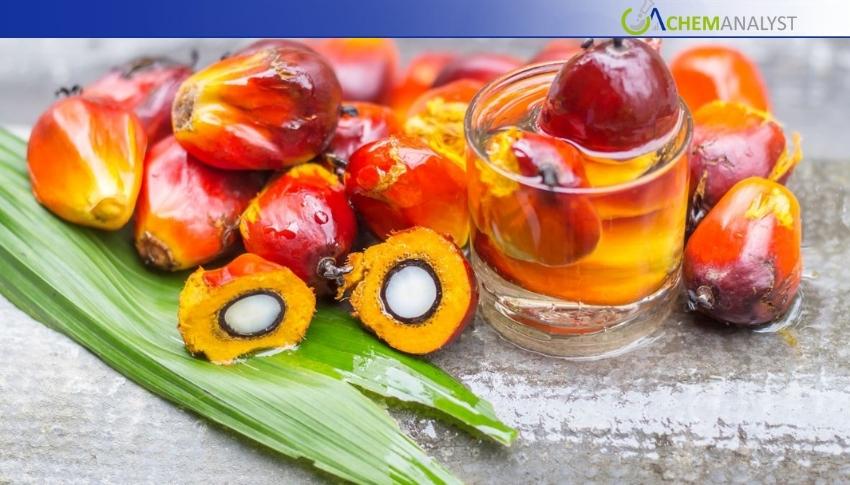Welcome To ChemAnalyst

EU agrees to import limited Indonesian palm oil at zero duty, boosting trade ties despite environmental regulations and global trade tensions.
The European Union and Indonesia have reached a significant milestone in their bilateral trade relationship with the finalization of a Comprehensive Economic Partnership Agreement (CEPA), which includes provisions for palm oil imports. As reported by The Jakarta Globe, the two parties have agreed to allow a certain volume of palm oil from Indonesia to enter the EU market at a zero customs duty rate. This decision marks a shift from the EU’s previous position, which had initially excluded palm oil from the trade discussions entirely due to environmental concerns.
One of the core concerns that influenced EU’s earlier stance was the EU Deforestation Regulation (EUDR), which is set to be enforced by the end of this year for medium and large companies. The regulation aims to combat deforestation associated with the production of commodities such as palm oil. As a result, the EU had been reluctant to offer trade concessions on palm oil. However, after continued negotiations and a recognition of the strategic importance of palm oil for European industries, a compromise was reached.
Under the terms of the CEPA, Indonesia will be able to export both crude palm oil and palm kernel oil to the EU at a zero percent tariff, albeit within a predetermined quota. Any shipments exceeding these quotas will be subject to a reduced tariff of 3%. This represents a favorable deal for Indonesia, especially in comparison to the 19% tariff rate it faces when exporting to the United States. The new trade terms are expected to enhance Indonesia’s competitiveness in the global palm oil market.
According to Indonesia’s Ministry of Economy, the reduction in duties will have a substantial impact. It is anticipated that the zero-duty import quota will increase Indonesian market share in the EU and exert downward pressure on the prices of alternative vegetable oils such as rapeseed and sunflower oil. Beyond palm oil, the agreement covers a broad range of goods, with approximately 80% of Indonesia’s exports to the EU set to benefit from zero tariffs under CEPA.
In 2024, the total trade volume between the EU and Indonesia reached €27.3 billion (approximately $31.9 billion), highlighting the significance of the relationship. The new agreement is seen as a timely development, particularly in the context of rising global trade tensions initiated by the former U.S. administration under President Trump. European Commission President Ursula von der Leyen commented that the EU is actively seeking to diversify its trade partners in light of recent U.S. protectionist measures.
While the EU will now offer duty-free access for limited quantities of Indonesian palm oil, Indonesia continues to dominate the U.S. market as well. The U.S. recently reduced its tariff on Indonesian palm oil from 32% to 19%, while keeping Malaysia’s rate at 25%. With Indonesia accounting for 85% of America’s palm oil imports, it remains the dominant supplier globally.
We use cookies to deliver the best possible experience on our website. To learn more, visit our Privacy Policy. By continuing to use this site or by closing this box, you consent to our use of cookies. More info.
